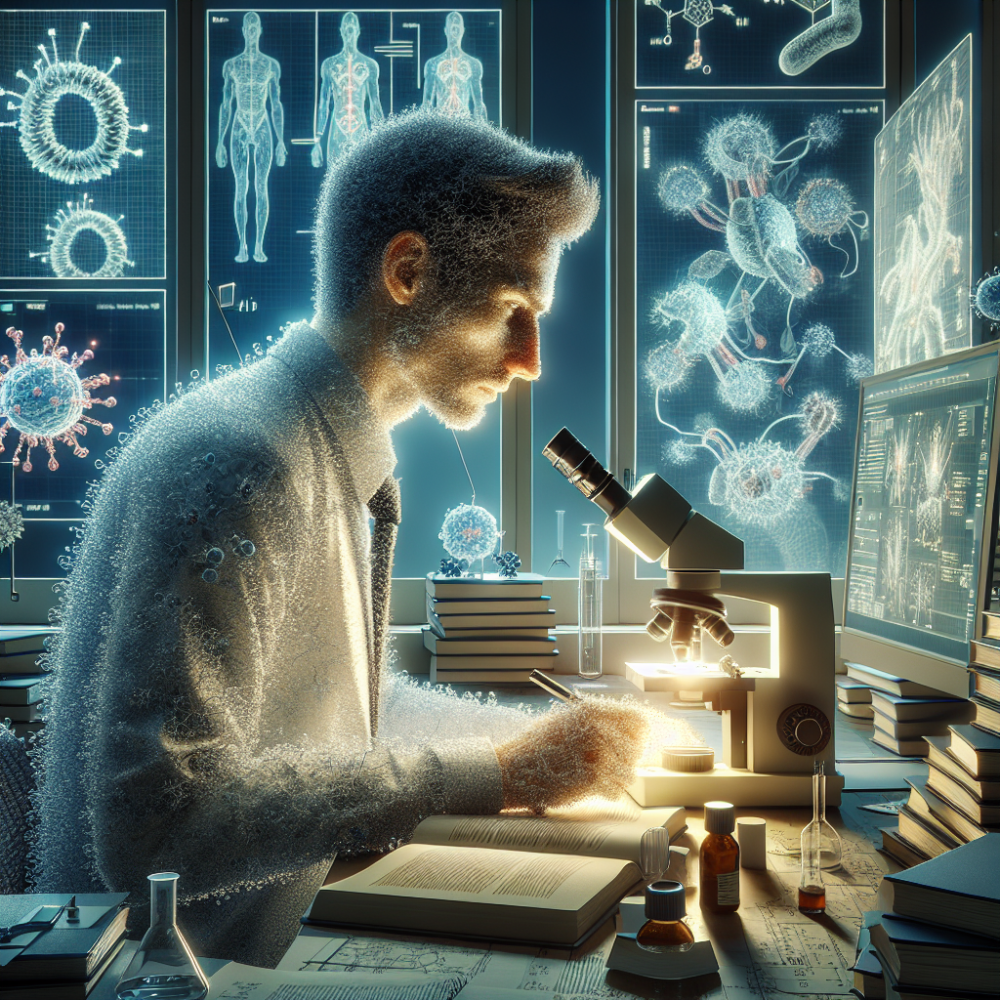The Enigmatic World of Antibodies: A Deep Dive

Posted on: Sunday, March 3rd, 2024
Antibodies, also known as immunoglobulins, are pivotal to our understanding of the immune system and its capability to fight infections and diseases. These Y-shaped proteins are produced by B cells and play a crucial role in identifying and neutralizing pathogens like bacteria and viruses. Recent advancements in immunology have expanded our understanding of antibodies, leading to innovative treatments for a variety of conditions, including cancer, autoimmunity, and infectious diseases. This guide deciphers the complex nature of antibodies and underscores their significance in both research and therapeutic contexts.
Antibodies are distinguished by their remarkable specificity; each is designed to target a specific antigen. This capacity for discrimination is what makes them invaluable in both diagnostic and treatment strategies. Leveraging this specificity, scientists have developed monoclonal antibodies that can target specific disease markers, offering new hope in the fight against previously untreatable illnesses.
The process of antibody production, also known as humoral immunity, is a marvel of the immune response. When an antigen is detected, B cells undergo a process of differentiation and proliferation to produce antibodies that are precise matches for the invading pathogen. This not only facilitates the immediate neutralization of the threat but also contributes to long-term immunity, enabling the body to respond more swiftly and efficiently upon future exposures.
Hybridoma technology, a method developed in the 1970s, has been pivotal for producing identical, cloned antibodies. This breakthrough has not only bolstered research in immunological studies by providing a stable supply of specific antibodies for experimental use but also played a vital role in the development of therapeutic antibodies. Such innovations underscore the dynamic and evolving nature of the field.
Another fascinating aspect of antibodies is their potential in medical imaging. By tagging antibodies with radioactive substances or fluorescent markers, researchers can trace the movement and concentration of antibodies within the body. This approach has been instrumental in improving the diagnosis and monitoring of diseases, offering a window into the body's internal processes.
Antibodies also serve as the basis for vaccine development. By introducing an inactivated or harmless piece of a pathogen into the body, vaccines stimulate the immune system to produce antibodies. This primes the immune system against future invasions by the same pathogen, illustrating antibodies' critical role in preventive medicine.
Recently, the COVID-19 pandemic has brought antibodies to the forefront of public attention. Convalescent plasma therapy, which involves transferring antibodies from recovered patients to those currently battling the disease, has been explored as a treatment option. Additionally, the rapid development of vaccines relied heavily on understanding and manipulating the body's antibody response to the SARS-CoV-2 virus.
Autoimmune diseases, conditions where the body mistakenly targets its own cells, present a complex challenge for immunology. Researchers are investigating how aberrant antibody responses contribute to these diseases, aiming to develop therapies that can correct or mitigate these misguided immune attacks.
The therapeutic potential of antibodies extends beyond infectious diseases to the realm of cancer treatment. Immunotherapy, specifically checkpoint inhibitors and CAR T-cell therapy, uses antibodies to boost the immune system's ability to recognize and destroy cancer cells. This represents a significant shift in cancer treatment, highlighting the transformative power of antibodies.
In conclusion, the study of antibodies has opened new vistas in medical science, offering innovative solutions to some of humanity's most pressing health challenges. As research progresses, the potential applications of antibodies continue to expand, promising a future where many diseases might be effectively managed or even cured. The exploration of antibodies remains a beacon of hope in the quest for better health outcomes across the globe.